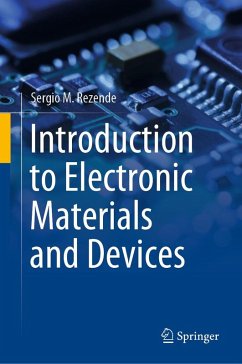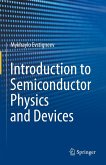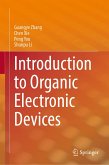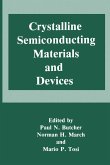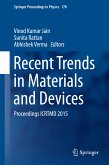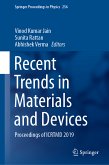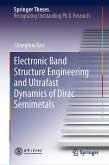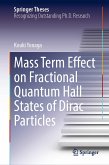This textbook lays out the fundamentals of electronic materials and devices on a level that is accessible to undergraduate engineering students with no prior coursework in electromagnetism and modern physics. The initial chapters present the basic concepts of waves and quantum mechanics, emphasizing the underlying physical concepts behind the properties of materials and the basic principles of device operation. Subsequent chapters focus on the fundamentals of electrons in materials, covering basic physical properties and conduction mechanisms in semiconductors and their use in diodes, transistors, and integrated circuits. The book also deals with a broader range of modern topics, including magnetic, spintronic, and superconducting materials and devices, optoelectronic and photonic devices, as well as the light emitting diode, solar cells, and various types of lasers. The last chapter presents a variety of materials with specific novel applications, such as dielectric materials usedin electronics and photonics, liquid crystals, and organic conductors used in video displays, and superconducting devices for quantum computing.
Clearly written with compelling illustrations and chapter-end problems, Rezende's Introduction to Electronic Materials and Devices is the ideal accompaniment to any undergraduate program in electrical and computer engineering. Adjacent students specializing in physics or materials science will also benefit from the timely and extensive discussion of the advanced devices, materials, and applications that round out this engaging and approachable textbook.
Dieser Download kann aus rechtlichen Gründen nur mit Rechnungsadresse in A, B, BG, CY, CZ, D, DK, EW, E, FIN, F, GR, HR, H, IRL, I, LT, L, LR, M, NL, PL, P, R, S, SLO, SK ausgeliefert werden.

